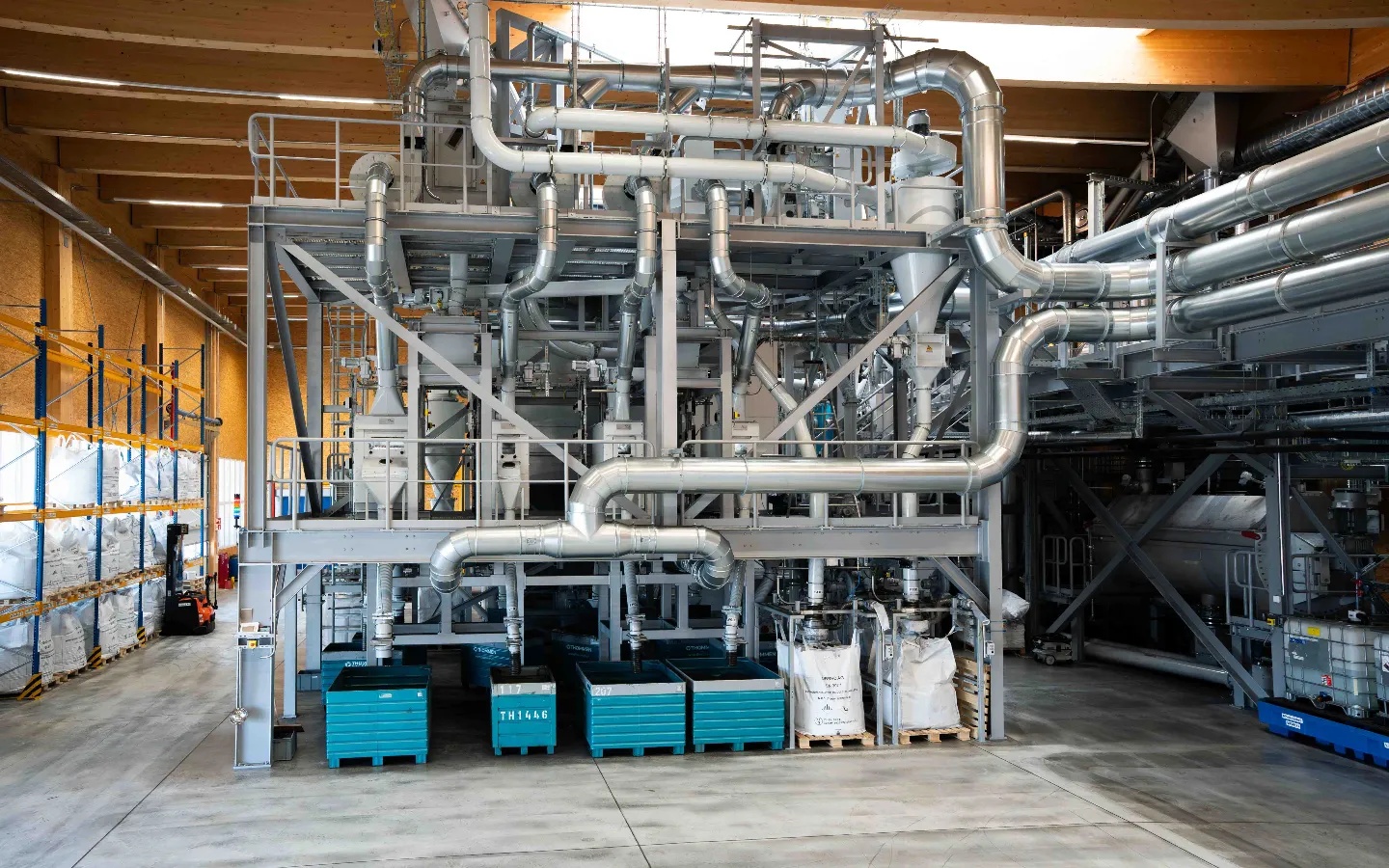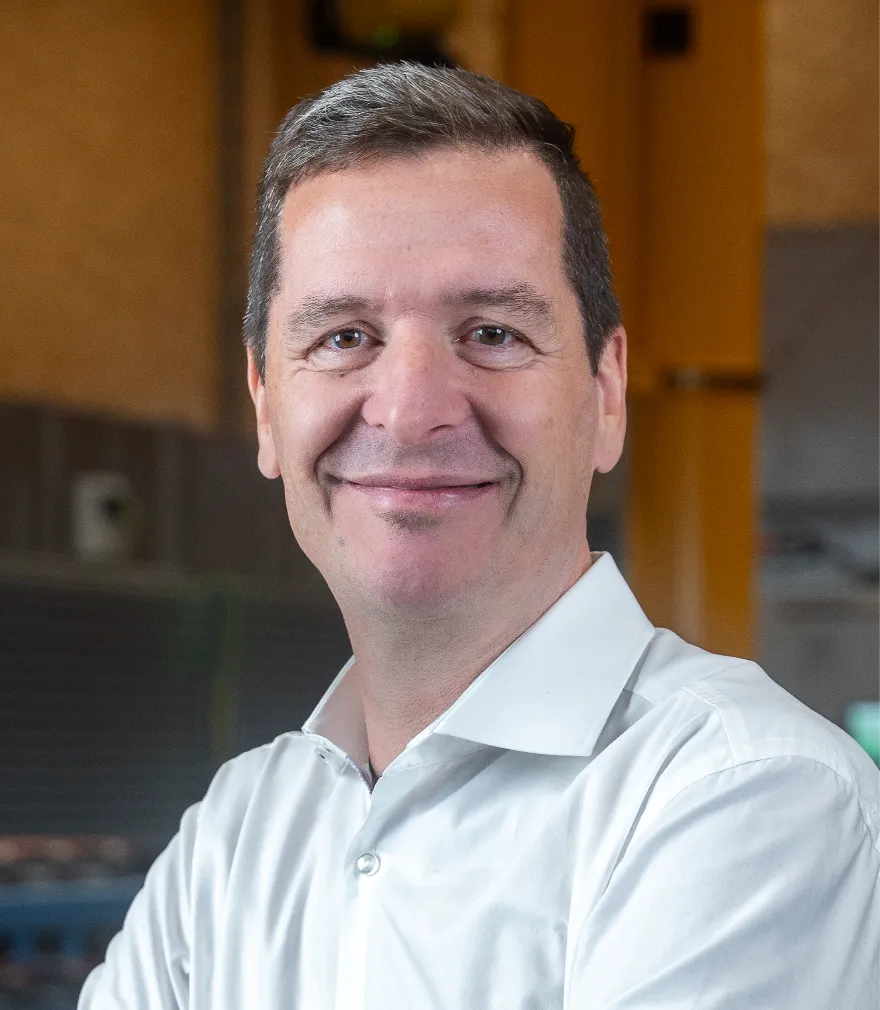Like a Swiss factory car batteries breathes new life in
In October 2024, a recycling factory for e-car batteries will be opened in Biberist. The system is an important step towards sustainable waste management and resource conservation.

07/30/2024 - Jenny Keller - Bluewin.ch - Recycling revolution: How a Swiss factory breathes new life into new life | Blue News
A recycling factory for e-car batteries will be opened in Biberist in October. The system is an important step towards sustainable waste management and resource conservation.
Like that "Echo of the time" reports, the number of electric cars increases steadily. With this growing fleet of electric vehicles, an urgent question arises: Where to go with the batteries when the cars have had their day?
Instead of disposing of these valuable energy sources in the garbage or exporting them abroad, the first major recycling factory for car batteries opens their doors this autumn.
The new factory is on historical soil: As early as 1860, Papier was produced on the site of today's recycling factory. This era ended in 2011 when the “Papieri” stopped operating and 550 employees lost their jobs. Large parts of the huge area are still empty, but new operators have settled.
"Get a big step further than humanity"
For example, the Libec company has taken over one of the halls. Libec stands for lithium-ion battery recycling and is led by Jodok Reinhardt.
As the founder and managing director of the company, Reinhardt has a clear vision: «Imagine that we can drive completely electrically in the future with the stream of the sun and water. At the same time, we recycled the battery almost 100 percent. When we achieve these two goals, we have a big step further than humanity. »
Reinhardt sees the new system the opportunity to reduce the need for oil, reduce the need for drilling islands in the sea and the CO 2 -to lower output. A better world he wants to contribute to his company.
Recycling from October
From October, his company will recycled drive batteries from electric cars. «The recycling of lithium-ion drive batteries for electromobility is so solved. We speak of a recovery rate of 97 percent. We have an industrial plant here in Biberist that solves the problem, »explains Reinhardt.
Although the new factory has not yet been completed, the actual recycling company should start with 14 employees in autumn.
And how exactly does this recycling process work?
Efficient recycling processes
After delivery, the 400 kilos of drive batteries are unloaded: "The battery is opened, connected to unloading technology and all the other energy is sucked out," explains Jodok Reinhardt.
The remaining energy is used for your own use of the factory. A third of the electricity requirement should be covered, Reinhardt hopes. The batteries are disassembled, which can be different, depending on the manufacturer.
Libec wants to recycle batteries of all manufacturers, whether Tesla or Renault, Volkswagen or BYD from China. The batteries are crushed and dried, with new batteries can be produced from the resulting powder - the so -called black mass. "This recycling system is the result of years of research," explains Jodok Reinhardt.
High security precautions
In view of the potential fire risk of e-car batteries, the factory attaches great importance to fire protection. Each battery is placed in a separate phase of fire to prevent the spread in the event of a fire. "The camp is the safest battery warehouse in the world," says Jodok Reinhardt.
Economic and ecological advantages
The recycling factory can process up to 12,000 tons of car batteries every year. This corresponds to the current need, but an expansion could be necessary with the forecast increase in electric vehicles. The proportion of electric cars is still small compared to petrol engines and diesel.
A battery for an electric car is a complex construction. It consists of a variety of metals. Recycling recycles valuable metals such as aluminum, graphite, nickel, copper, manganese, cobalt and lithium.
Critics of electric cars point out that landscapes are destroyed for the extraction of these metals and there are precarious working conditions, sometimes even with child labor. Recycling now needs less raw material reduction, which reduces the associated ecological and social problems.
Competitive technology
New battery cycling systems are currently being planned, built or are already in operation across Europe. Both newly founded companies and automobile manufacturers are involved in these recycling projects.
The system in Biberist stands out due to its high recovery rate of 97 percent, which it also makes competitive in international comparison. "We leave the international competition behind," says Jodok Reinhardt.
Factory contributes to environmental protection
Even in Switzerland there are already smaller recycling systems, but none achieves the efficiency and capacity of the new Libec factory.
The opening of the recycling factory marks an important step in dealing with the challenges of electromobility and for the sustainable circular economy in the country.


